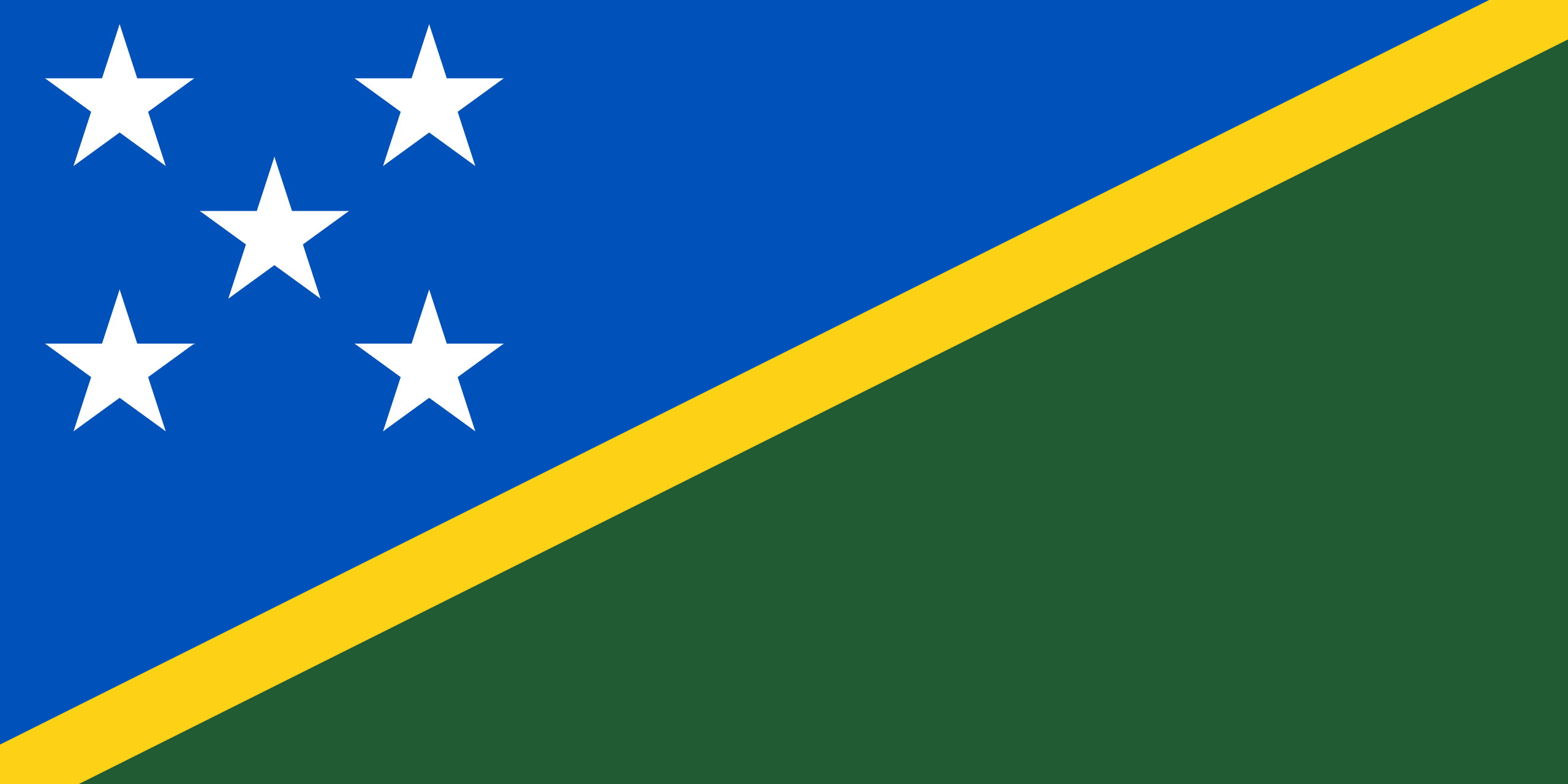Solomon Islands
The Solomon Islands, a nation of hundreds of islands in the South Pacific, has many WWII-era sites. Guadalcanal, a province and one of the archipelago’s largest islands, honors fallen Allied soldiers at its U.S. War Memorial. Guadalcanal is also home to the nation’s capital, Honiara, whose bustling Central Market showcases the islands’ produce and traditional handicrafts.

-
Capital: Honiara.
Important Cities: Auki, Gizo, Noro, Taro Island.
Airports:
- Honiara (HIR)
Tourist Attractions:
-
Gizo: Known for its stunning beaches and World War II wreck diving.
Marovo Lagoon: One of the world's largest saltwater lagoons for water activities.
Honiara: The capital city offers cultural sites and the bustling Central Market.
Bonegi I and II: Popular dive sites with beautiful coral reefs.
Currency:
Solomon Islands Dollar (SBD).
Cuisines:
Enjoy seafood like fish and shellfish. Traditional dishes include rice, taro, and coconut-based dishes.
Cultural Activities:
Experience traditional customs, dances, and festivals, including the Taro Festival. Local arts and crafts include woodcarvings and shell jewellery.
Accommodation:
3-star: Coral Sea Resort & Casino, Heritage Park Hotel.
4-star: Solomon Kitano Mendana Hotel, Sanalae Apartment.
5-star: Heritage Park Hotel.
4-star: Solomon Kitano Mendana Hotel, Sanalae Apartment.
5-star: Heritage Park Hotel.
Transport Connectivity:
Solomon Islands have limited railroads; road networks and boats are common for inter-island travel.
Population:
Approximately 700,000 people.
Religion:
Predominantly Christian, with a mix of various Protestant denominations.
Languages Spoken:
English is the official language, while numerous indigenous languages are spoken, including Pijin.
Disclaimer:
The information above is for reference, and we do not accept any liability for inaccuracies or updates.